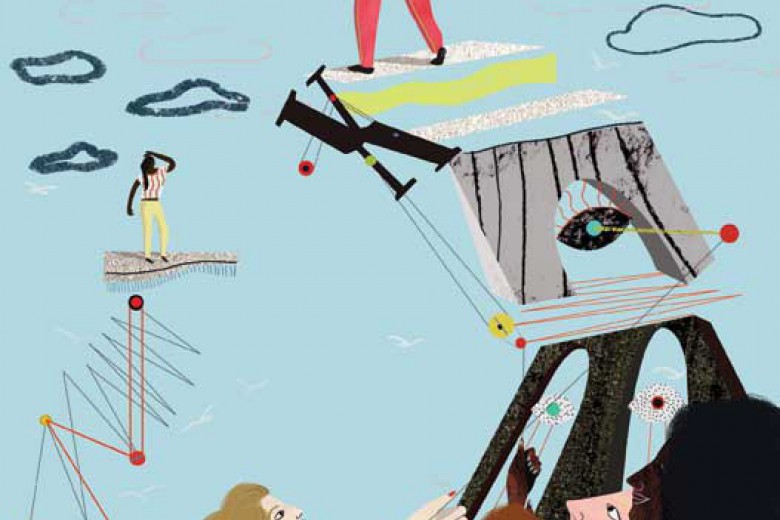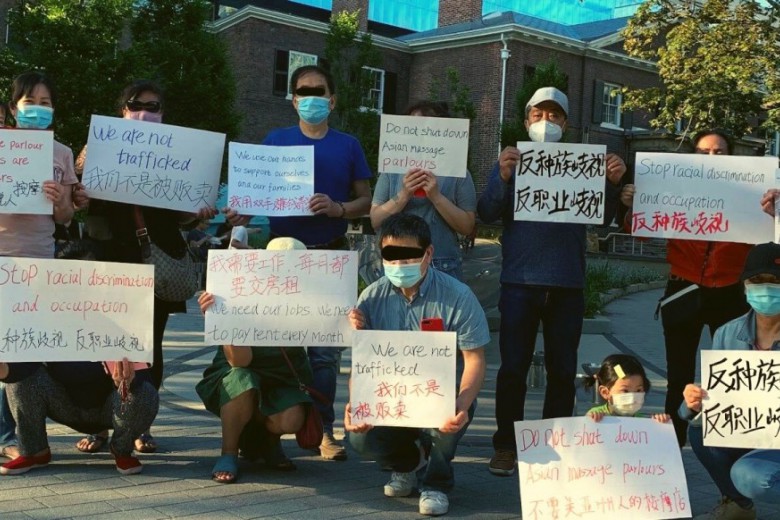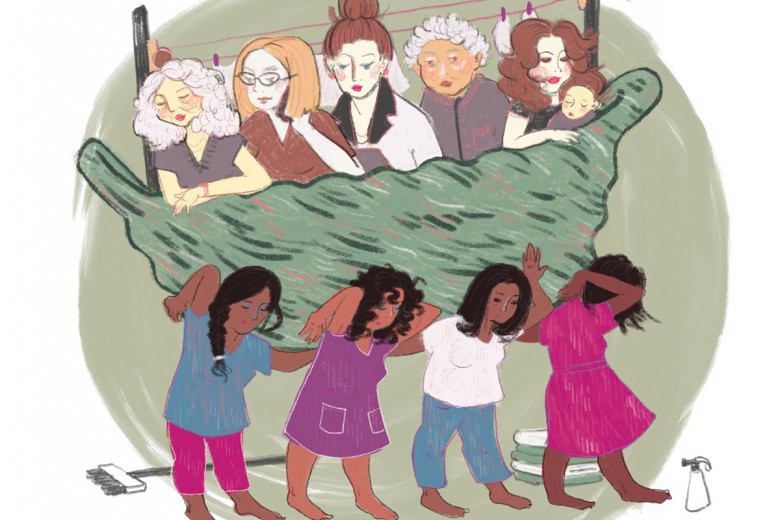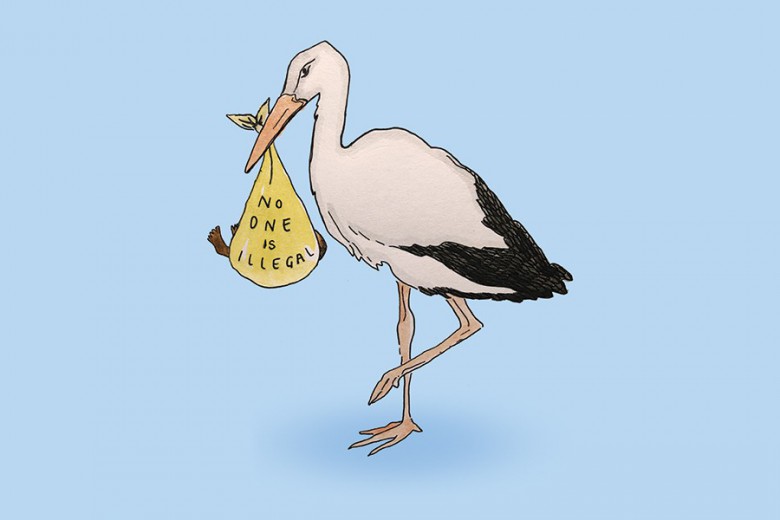As someone who has been active in feminist organizations for years, I am occasionally asked what I mean by “rape culture.” I often say that rape culture is anything that normalizes unwanted, nonconsensual sex.
In other words, rape culture is anything that makes rape seem like it is not really rape.
I explain it this way because I have no doubt that most people, if asked, would say that rape is wrong. The problem is that because of rape culture, many people can’t identify what rape looks like.
Young men are taught that rape means jumping out of the bushes, attacking a stranger, and violently forcing her to have sex with him. While this can be true, they often don’t know that 70 per cent of rapes are committed by someone the victim knows, and that they could rape their classmate, friend, girlfriend, or wife. They might not be sure what consent really means.
Because of rape culture, young women sometimes don’t have this information either. This leaves them confused and humiliated when they are raped. Because of rape culture, they may feel guilty, or like they asked for it—that they were dressed too provocatively, or weren’t careful enough. They don’t know that it is never their fault.
This past week, news broke that universities in Vancouver and Halifax were using grossly sexist, misogynistic chants making light of rape as part of frosh week activities. Having spent the better part of the last ten years on university campuses, I know that these chants are part of a much broader culture promoting rape and sexual violence.
Though far from unusual, the chants—viewed as harmless, in good fun, or as a group-building activity by those participating—provide an excellent example of how rape culture manifests in practice:
- Rape culture is frosh week organizers leading a chant spelling out YOUNG: Y for Your Younger Sister, O for Oh-so-tight, U for Underage, N for No Consent, G for Grab that Ass.
- Rape culture is those same students being entrusted with welcoming new students to campus, teaching them university customs, and helping them adapt to “normal” university life. It is new university students thinking they have to participate in such activities or ways of thinking in order to fit in.
- Rape culture is the president of the student union admitting that he had participated in the chant, but hadn’t really thought about it since it had been used in several previous years.
- Rape culture is the chant being widely described in the media as merely “inappropriate” and simply promoting underage sex rather than glorifying rape.
- Rape culture is a mainstream newspaper publishing an article blaming both the chant and rape in general on young women wearing too little clothing.
- Rape culture is the premier of Nova Scotia saying that he feels bad for the chanters and expressing his concern for their future careers, echoing the way some commentators have lamented young convicted rapists’ lives being ruined.
- Rape culture is the university administration believing that mandating “sensitivity” training is a sufficient response to the incident—as if the problem were merely that students weren’t sensitive to the fact that they might offend someone with the chant.
- Rape culture is students at another university on the other side of the country singing a similar chant glorifying the rape of young women. It is those students, knowing that the chant will be seen as inappropriate and offensive, insisting it be sung in secret.
- Rape culture is participants saying that while they don’t think rape is OK, the chant “maybe gets people out of their personal boundaries and bubbles” and “was just for fun, right?”
Each aspect of these incidents demonstrates how rape is normalized in our culture—by confusing rape with sex, by making rape seem ordinary, or by downplaying rape with jokes and chants. This doesn’t excuse chanters (or rapists) from their actions, but it does mean that we must collectively take responsibility for combating rape culture. With messages such as these, it is no wonder that young people are confused about rape and about the fact that non-consensual sex—no matter with whom or what the circumstances—is always rape, always violent, and always serious.
This will not be the last time that rape culture shows up on university campuses or elsewhere. It is important that we—as students, parents, teachers, administrators, activists, artists, media-makers, government officials, or otherwise—consider how our responses to these incidents may help perpetuate this culture and look for ways that we can intervene.
While part of this work involves condemning rape culture, it is equally important to build alternative cultures promoting respectful, consensual relationships. When cultures of consent—in which knowing, communicating, and respecting boundaries are normalized and considered essential to all sexual relationships—replace rape culture in our society, we will truly be on our way to creating a world free from sexual violence.







